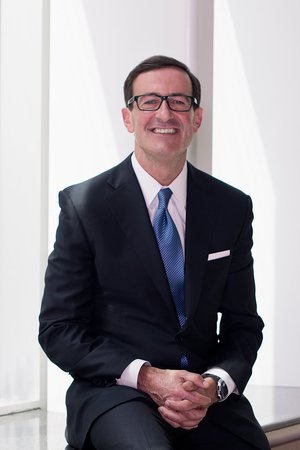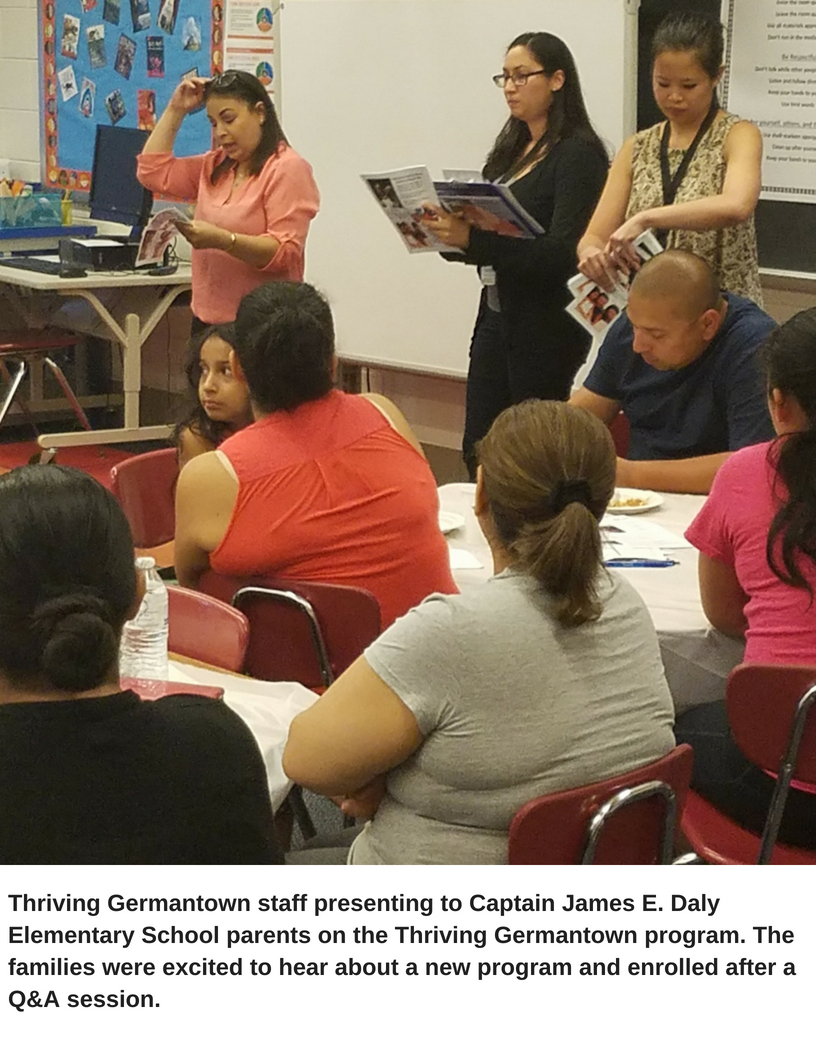The Greater Washington Workforce Development Collaborative, an initiative of the Greater Washington Community Foundation, today announced new investments in five local community-based organizations designed to help DC residents get the skills and training they need to gain employment. The funded programs will offer training in a host of industries including hospitality, IT, healthcare, education, and the construction trades.
These investments are the result of a philanthropic partnership between the Workforce Collaborative and the developers of a new mixed-use property at 965 Florida Avenue NW in the District, a joint venture between MRP Realty, JBG Smith, and Ellis Development. As a part of the Planned Unit Development for this 10-story mixed use project, the developers have worked in partnership with The Community Foundation to establish the 965 Florida Avenue NW Job Training Grant Program, administered by the Workforce Collaborative.
The Workforce Collaborative is a partnership comprised of local foundations, philanthropists, and business. Its investments help workers acquire the skills and credentials they need to launch successful, family-sustaining careers, and help businesses attract, retain, and advance the skilled workforce they need to provide critical services to our community and remain globally competitive.
All five funded projects were asked to propose work that will specifically focus on residents living within one mile of the 965 Florida Avenue NW development.
The 965 Florida Avenue project will help prepare local residents with the workplace skills and training they need…" said MRP Realty Vice President for Development Michael Skena, "…it is this type of public-private partnership between business, philanthropy, and the nonprofit sector that will provide high quality career opportunities for residents in our neighborhood."
Partnering Together for Community Benefit
The developers worked alongside The Community Foundation and the Workforce Collaborative to develop a targeted grantmaking approach to ensure residents have access to a wide-range of services and opportunities to learn new skills and launch living-wage careers in industry sectors primed for growth. The Community Foundation developed its Request for Proposals and vetted applications from local training providers in lockstep with representatives of ANC 1B, the ANC in which the 965 Florida Avenue NW development sits.
“The process that The Community Foundation developed was inclusive and took into consideration the needs of our local community,” noted James A. Turner, Chairman of ANC1B. “We are thrilled to have been able to help drive the process that has yielded grants to these five great local nonprofits.”
Funded partnerships include:
Academy of Hope Adult Public Charter School will serve 25 residents of the target area through their integrated Adult Basic Education, Adult Secondary Education and Career Pathways program. Their goal is to help each adult learner attain a high school credential and enter post-secondary workforce training or higher education. Academy of Hope focuses its efforts in the area of hospitality, healthcare and IT careers for adult literacy learners.
Community Services Agency of Metro Council AFL_CIO will provide construction pre-apprenticeship training, case management and job placement services to 20 low-income residents of the target geographic area to be served.
Literacy Lab will build capacity to recruit ten young men of color from DC public high schools in Ward 1 to participate in the Leading Men Fellowship, a program to increase workforce readiness by engaging young men of color in careers in early childhood education.
Literacy Volunteers and Advocates will create a program for 30 adults with an interest in obtaining a job in the technology field who need to improve their basic skills in order to become employment ready. The development of the AT Work! (Adults, Trained and Working) program will focus on integrating adult basic literacy skills with Information Technology skills, with a specific focus on preparing these adults for entry level administrative or help desk positions.
New Futures will provide comprehensive services to 15 low-income, first generation young adults pursuing degrees in IT and healthcare, including scholarships, post-secondary persistence and completion support, and career planning, skill-building, and preparation programs—all in service of launching high-growth careers that lead to financial stability.
A Win for Workers, Employers, and Our Community
Greater Washington is home to hundreds of thousands of working age adults who lack a post-secondary credential, most of whom currently work in front-line or entry-level jobs in every sector. Despite our region’s return to historically low unemployment rates, stubborn pockets of un- and under-employment persist. Initiatives like the 965 Florida Avenue Job Training Grant Program will target investments to those who need assistance most.
The Workforce Collaborative has a long history of supporting job training grantmaking as a component of community benefit agreements for clients including Hines, Walmart, and Trammel Crow.
“Supporting local business and employers to meet their philanthropic goals is core to our mission at the Greater Washington Community Foundation,” notes Benton Murphy, Senior Director of Community Investment at The Community Foundation. “We are proud to partner with ANC 1B, MRP Realty, JBG Smith, and Ellis Development on this project that will directly impact the lives of local residents.”
More information on the Workforce Collaborative is available online at www.gwwdc.org.




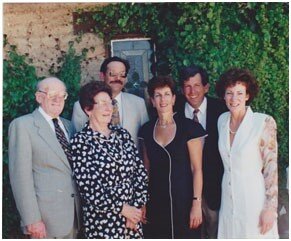

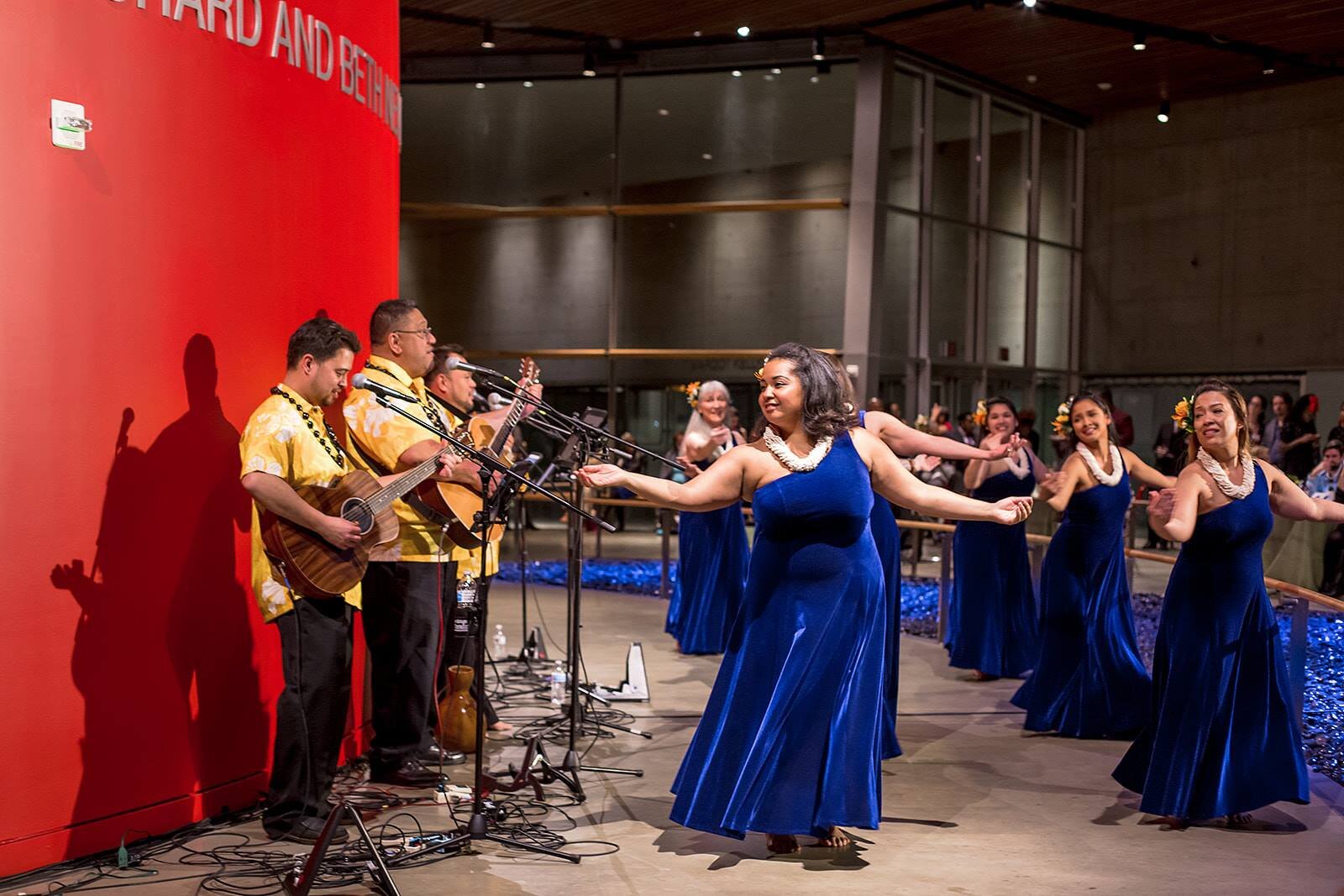
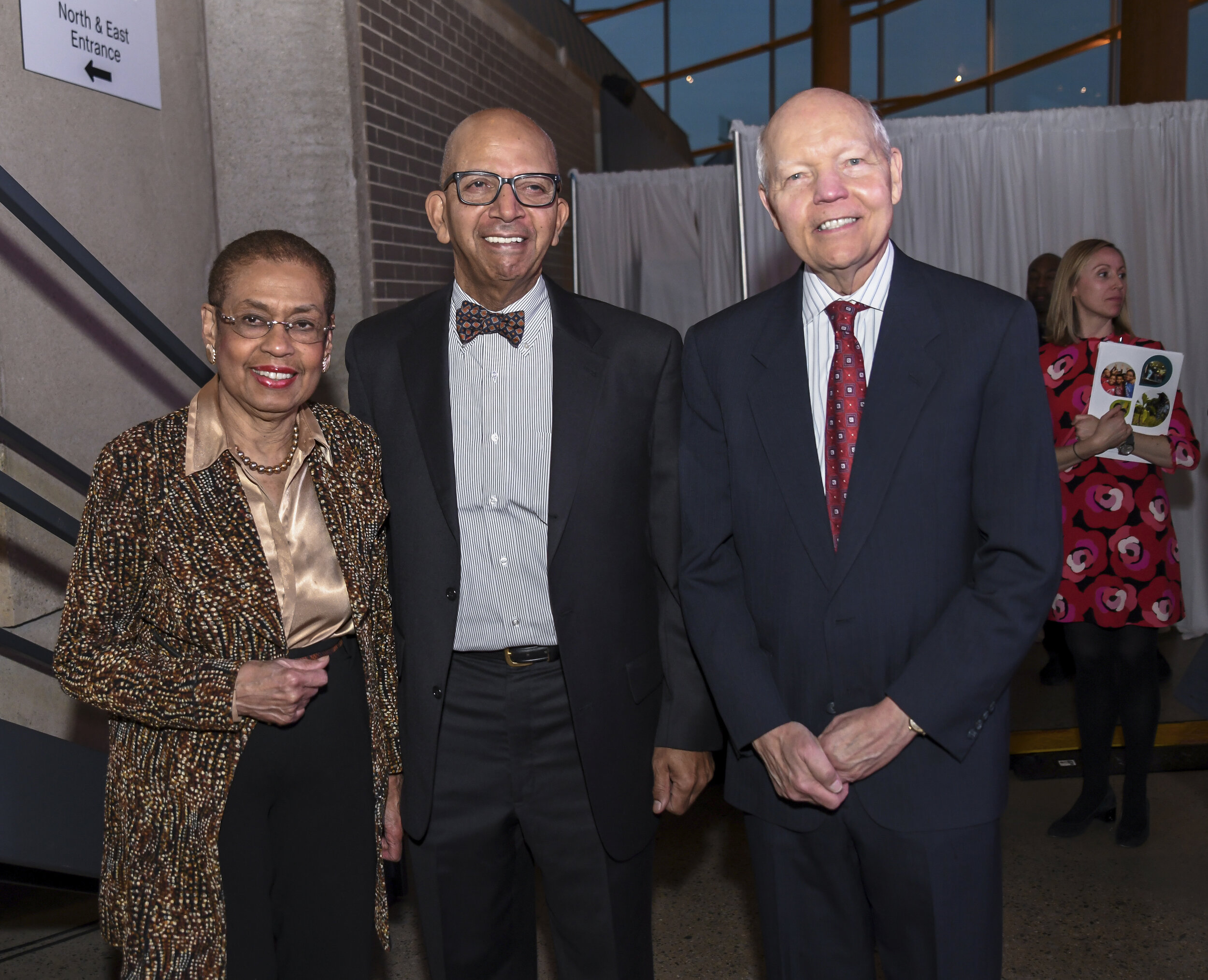
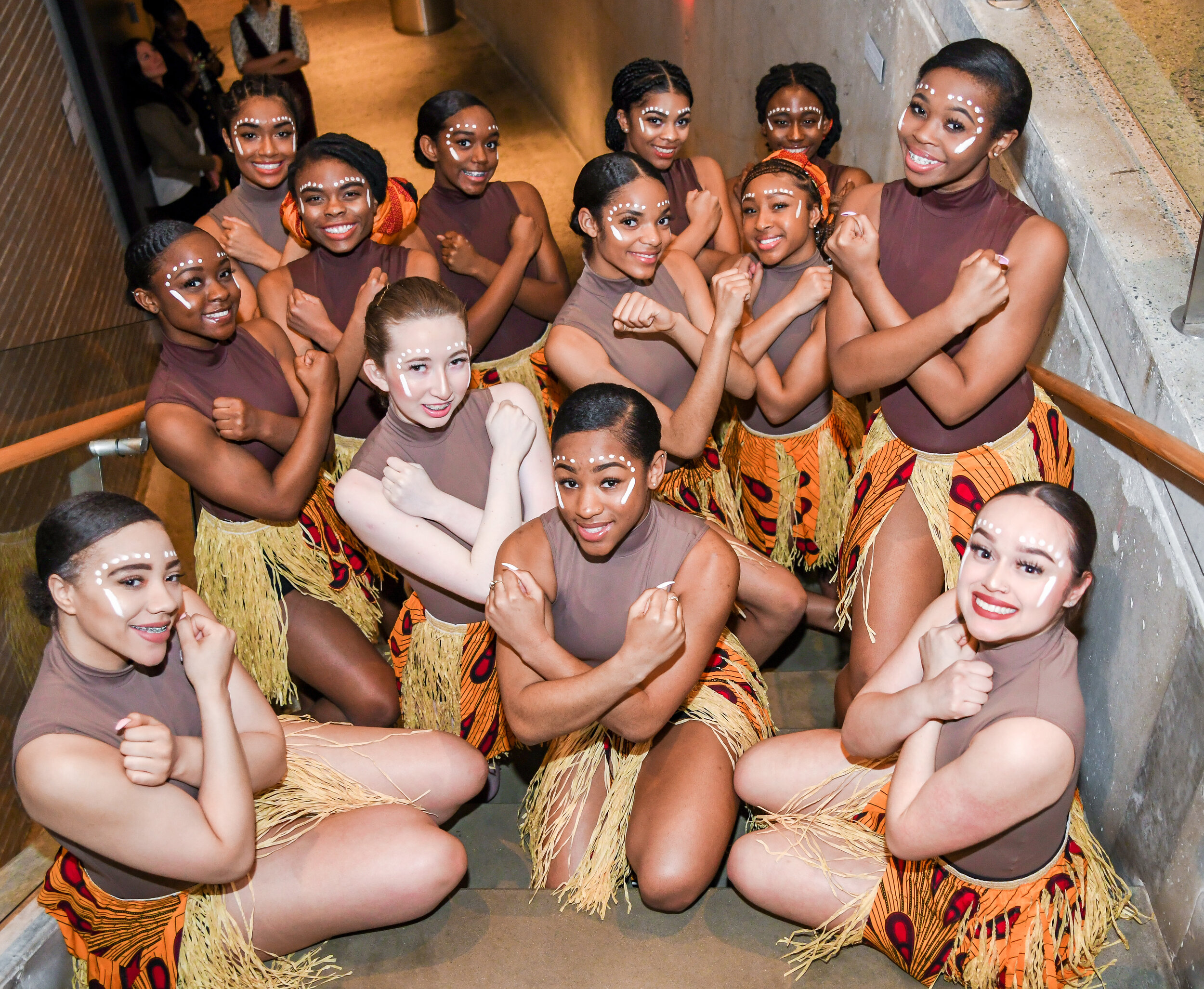
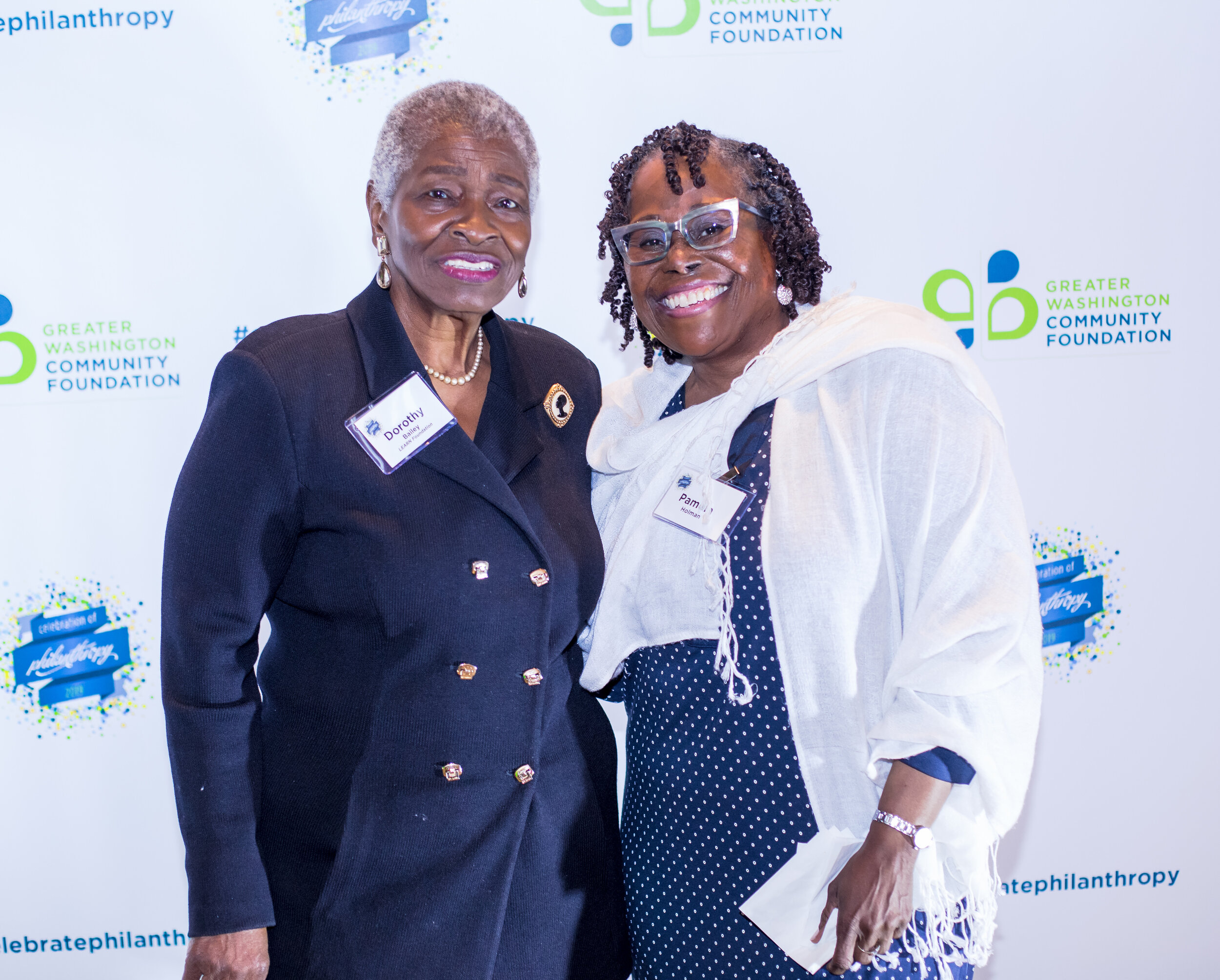
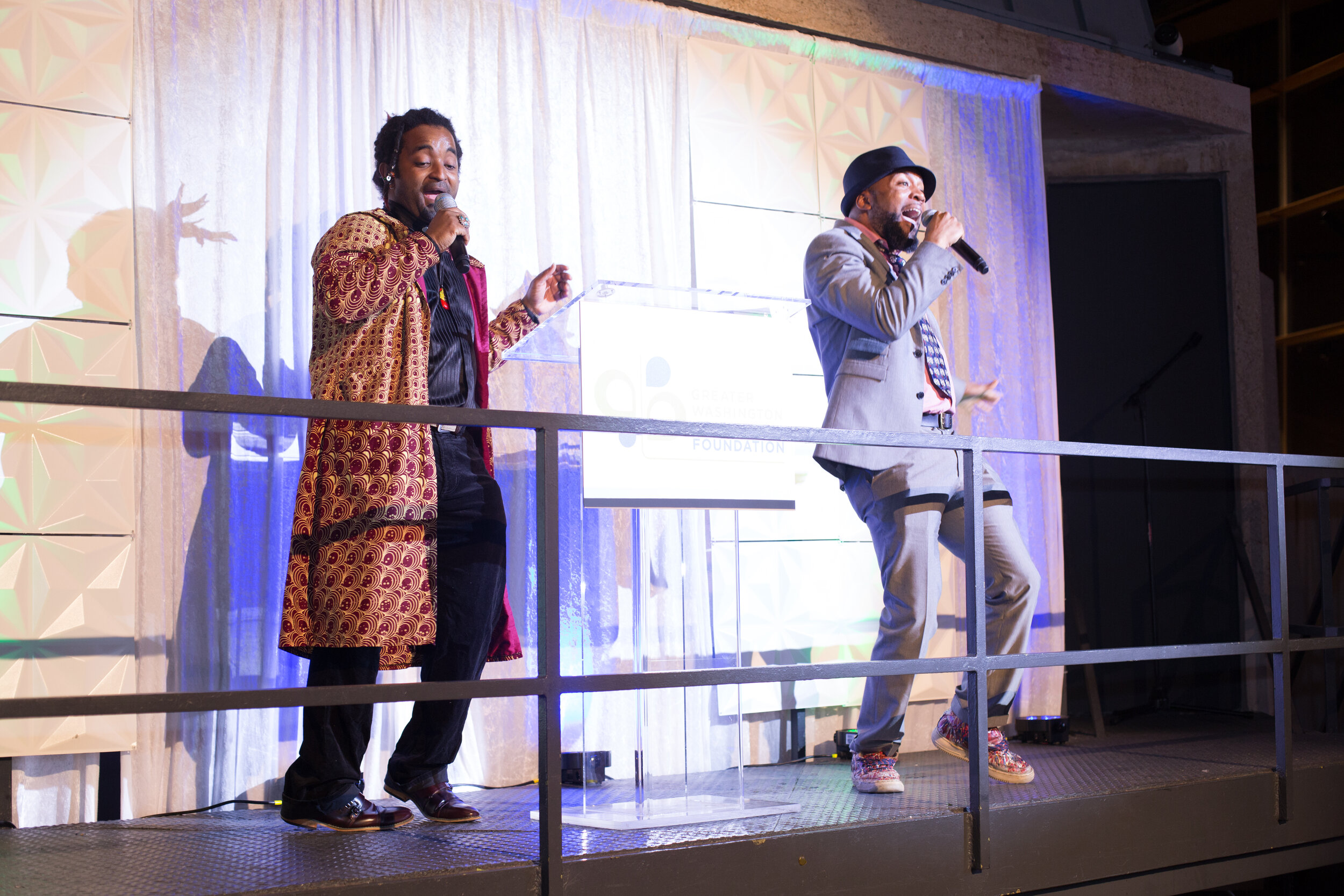
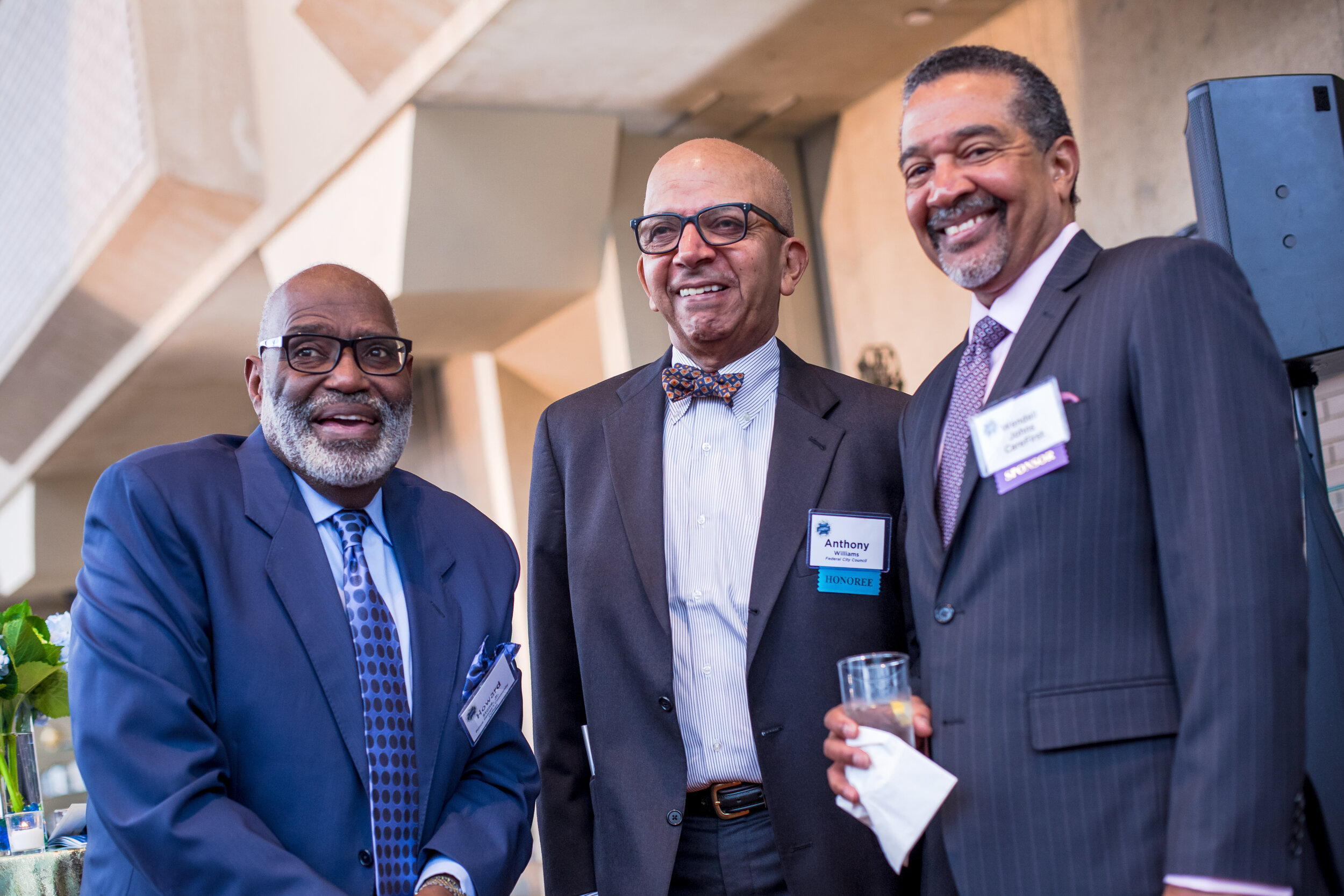

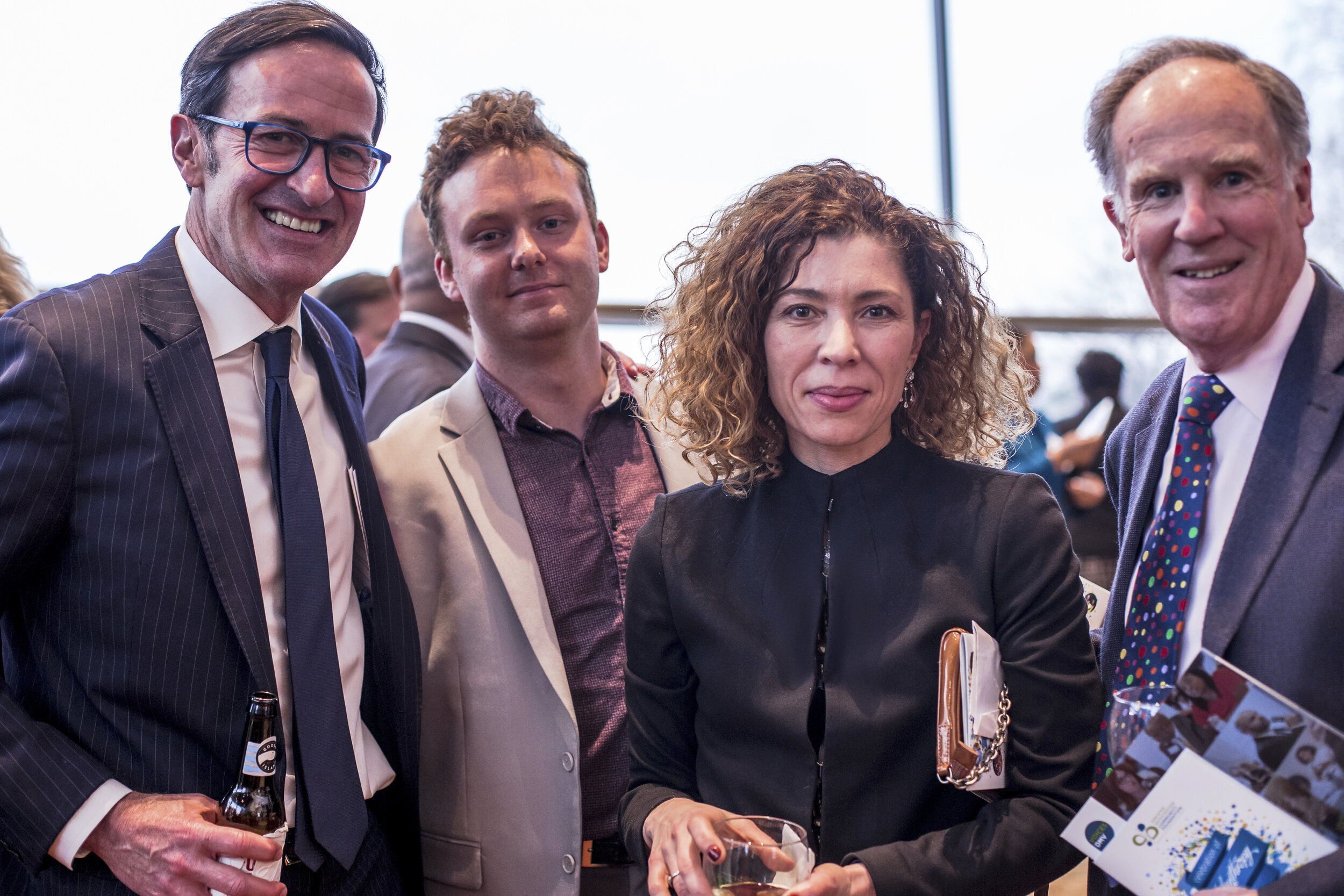
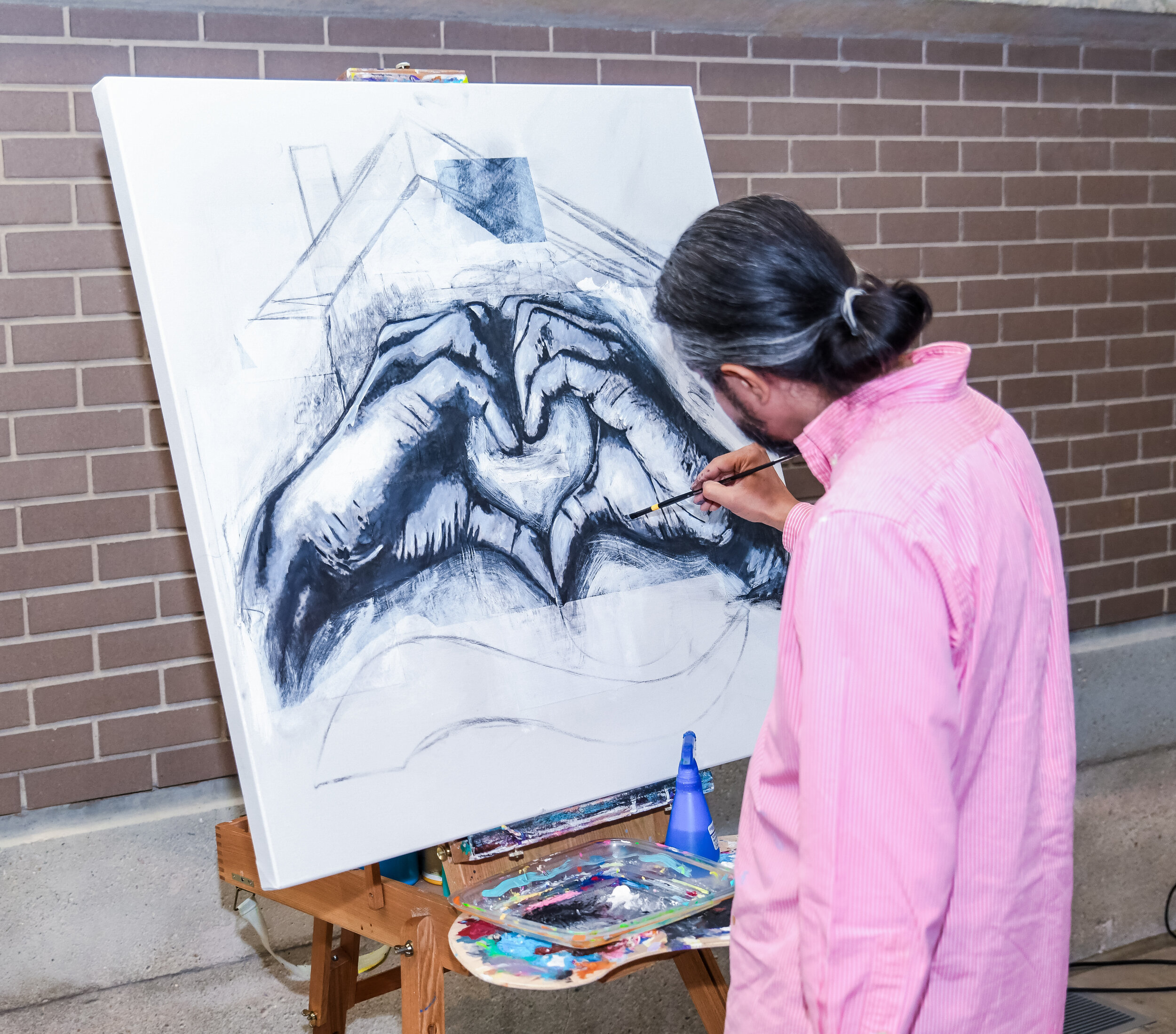
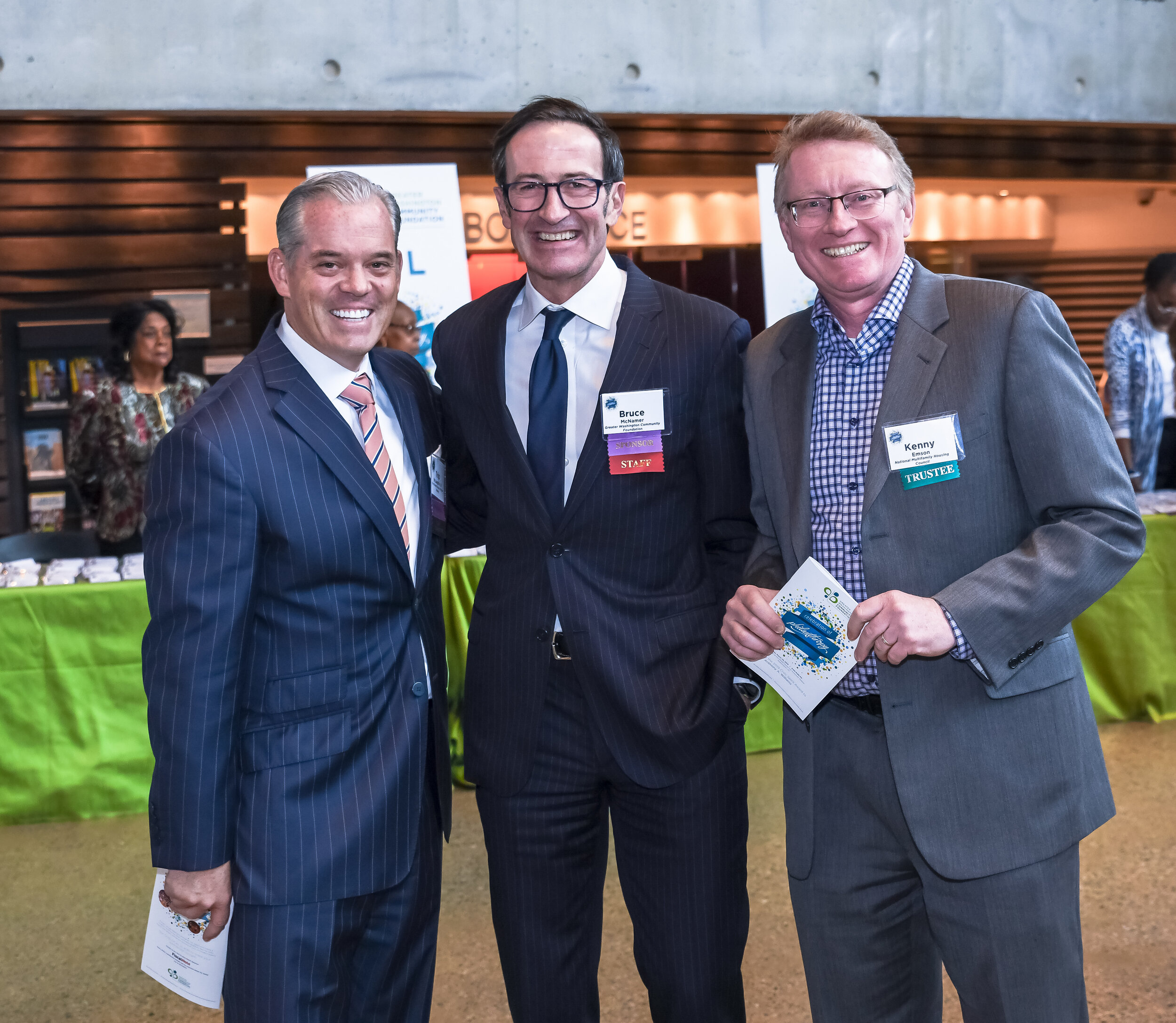
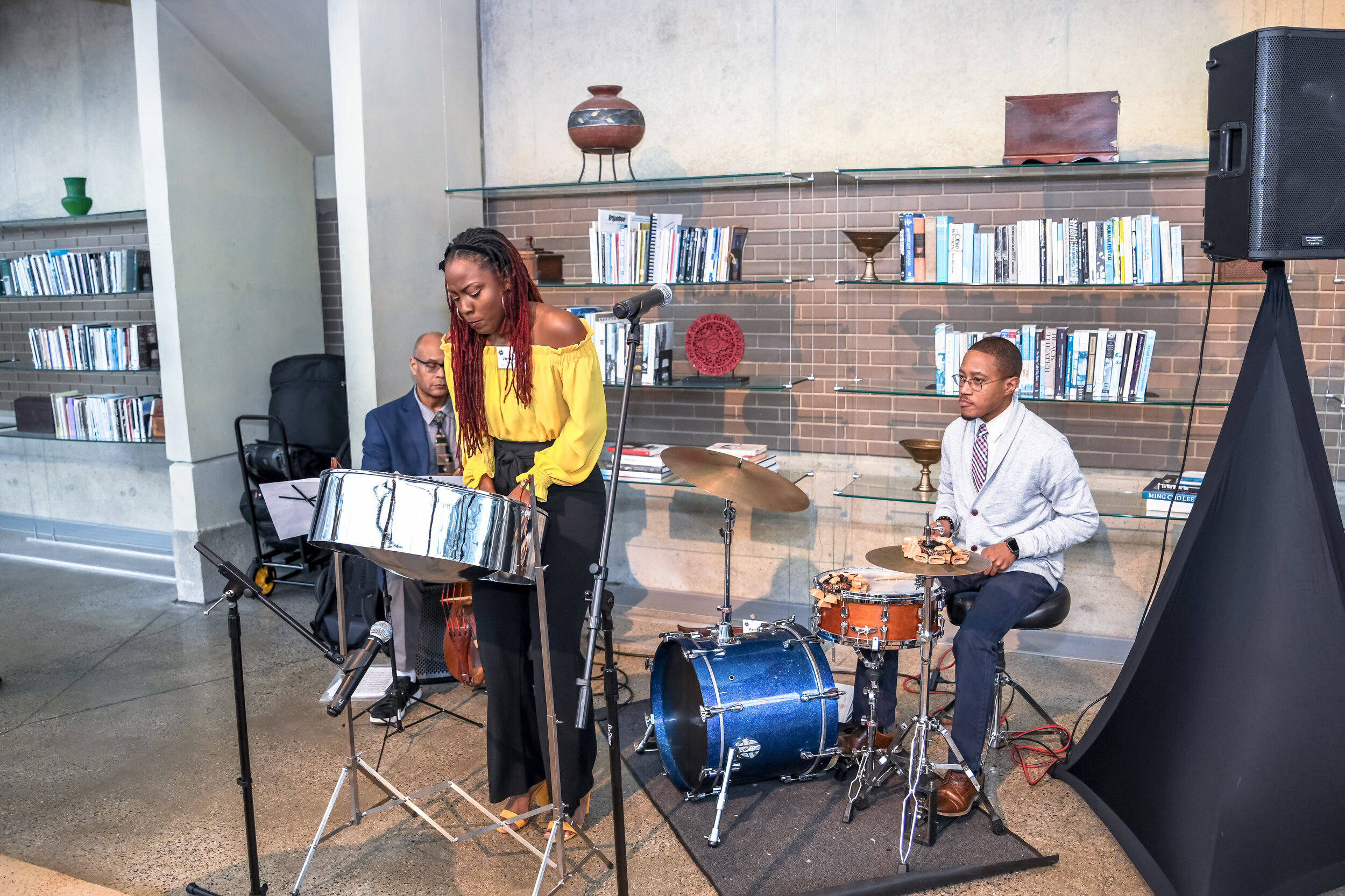
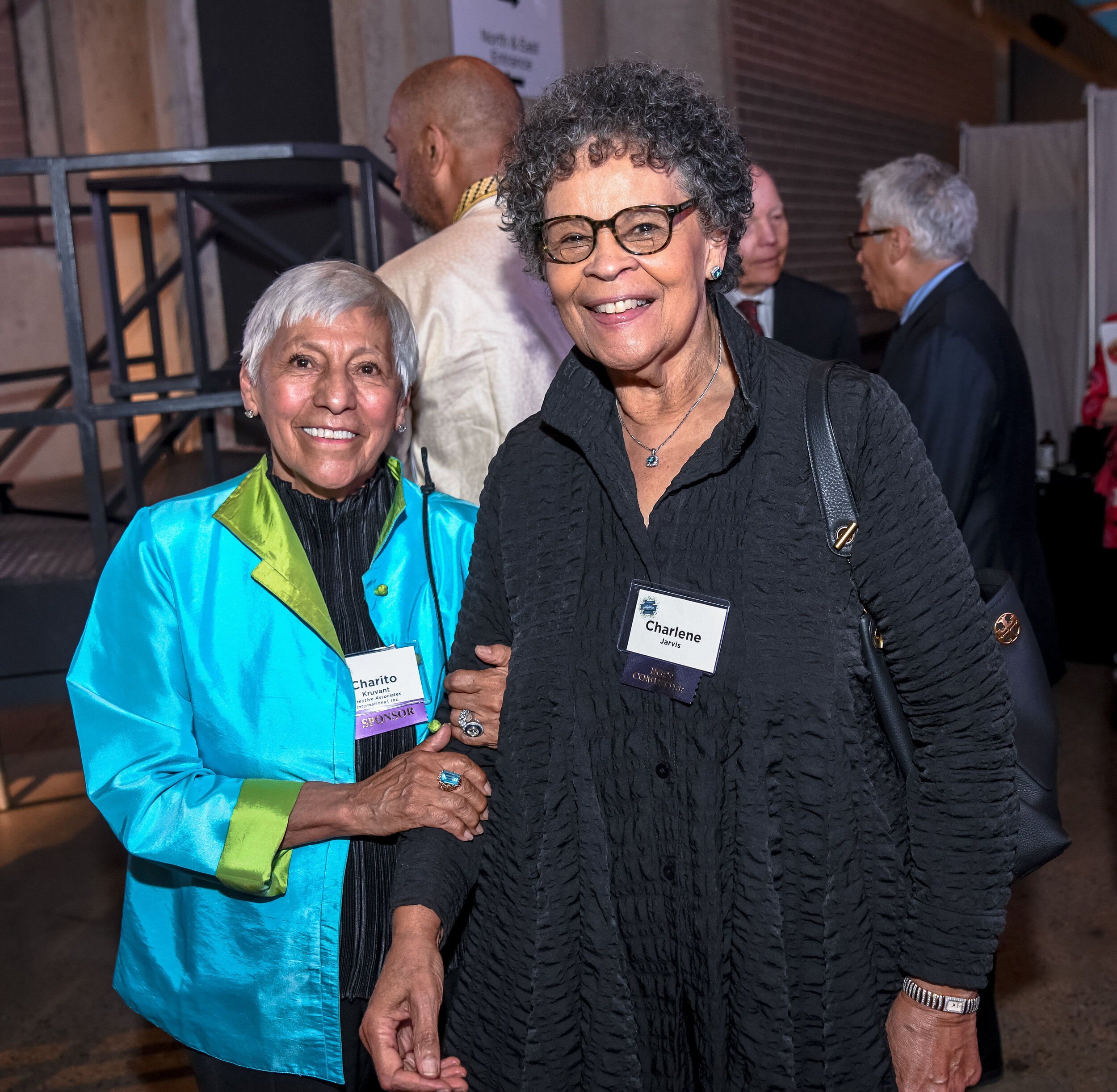
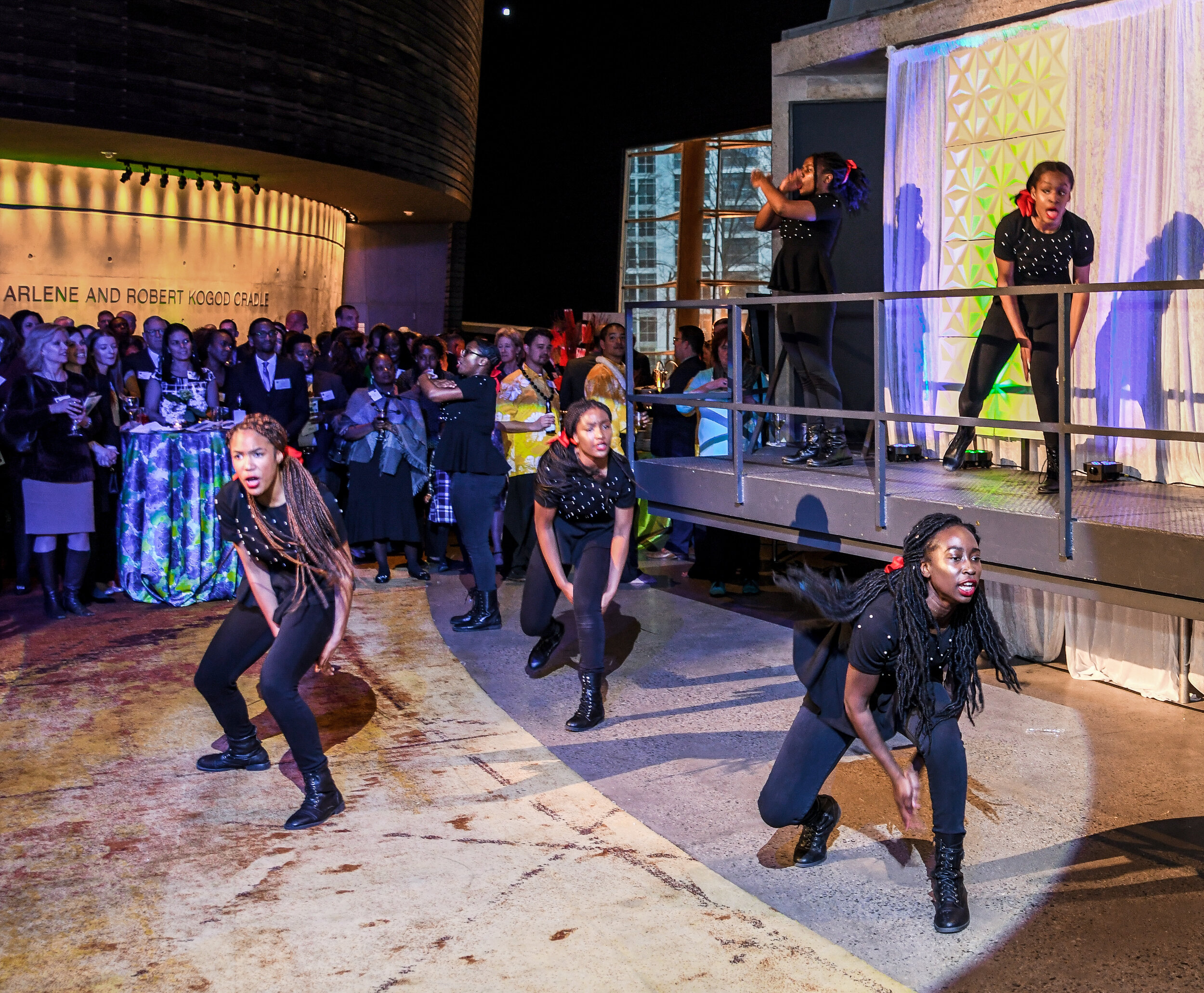
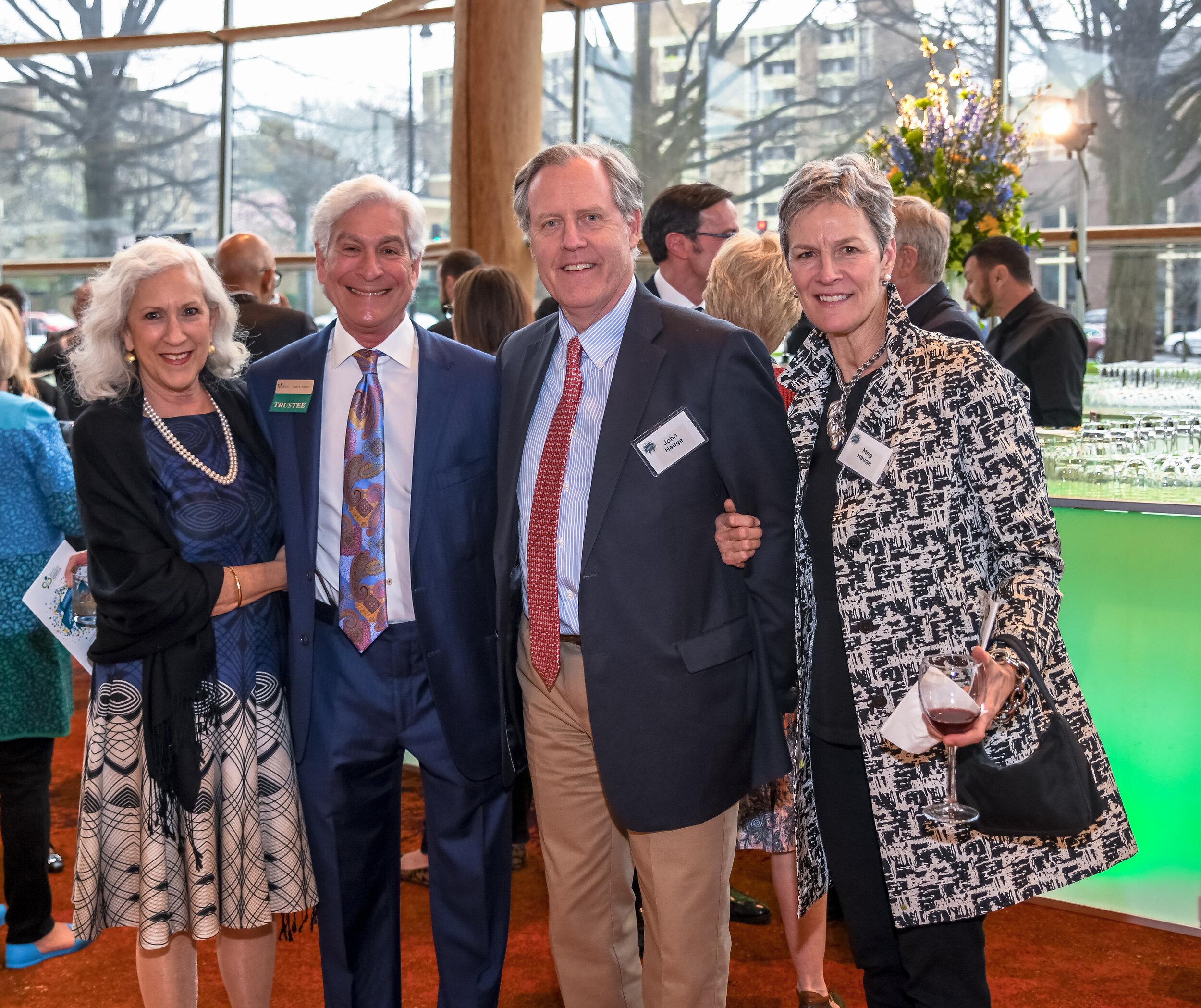




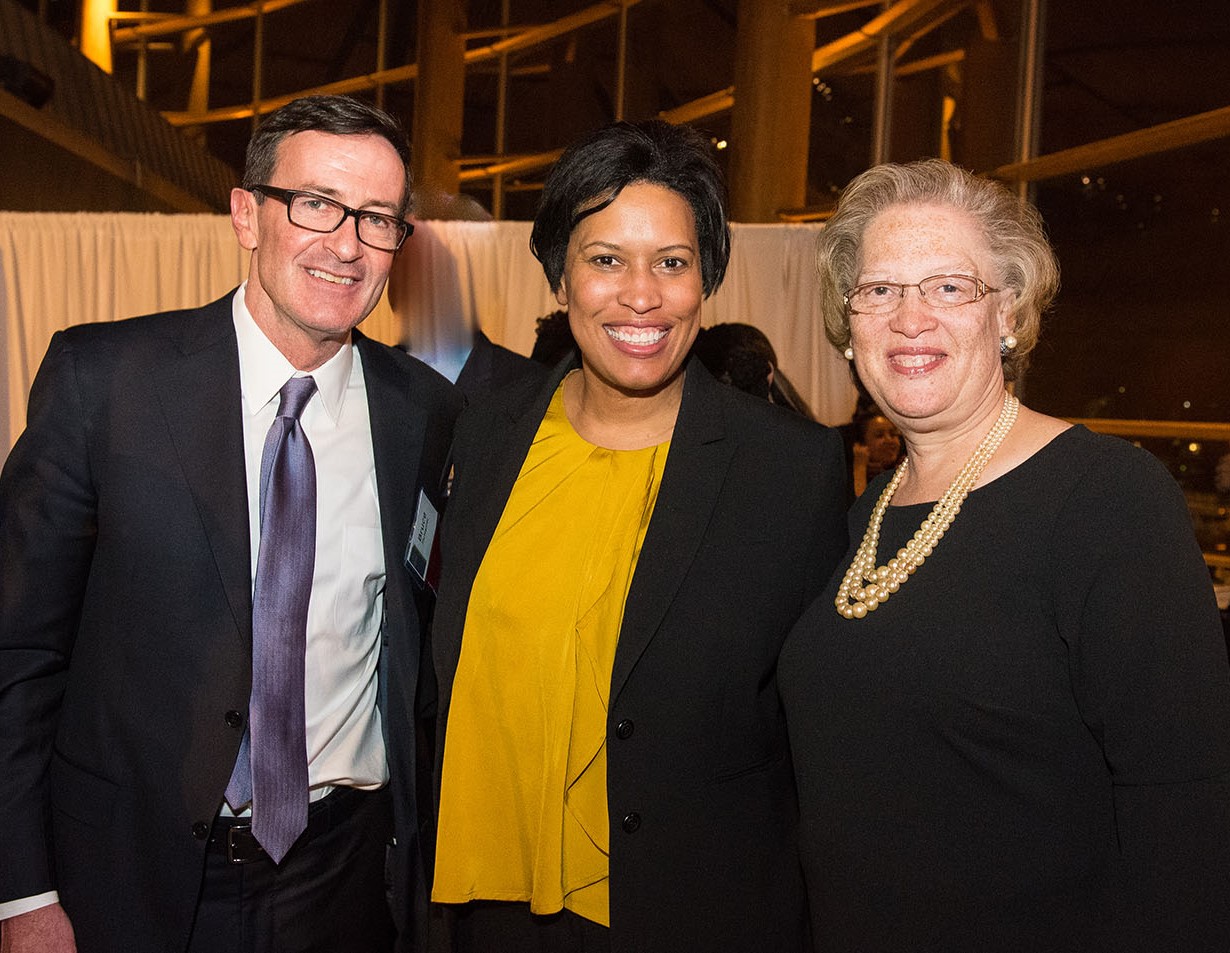
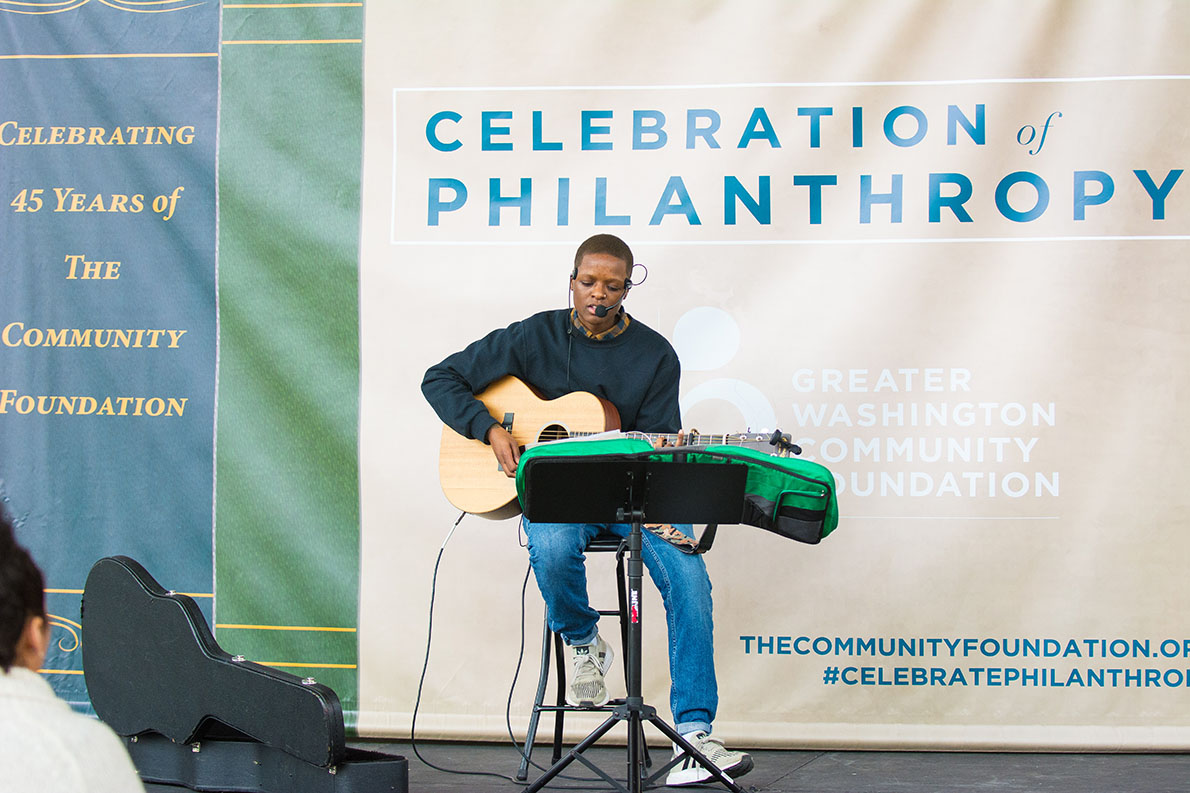

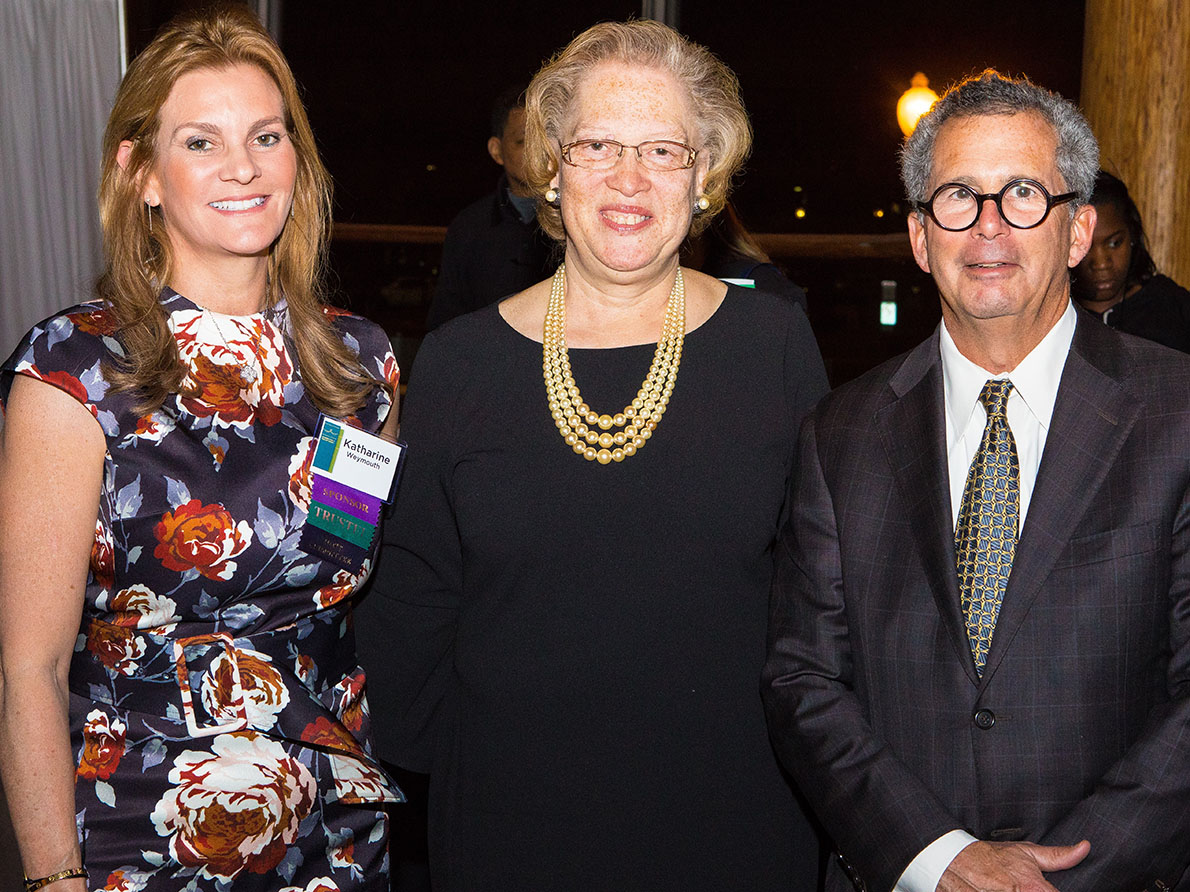

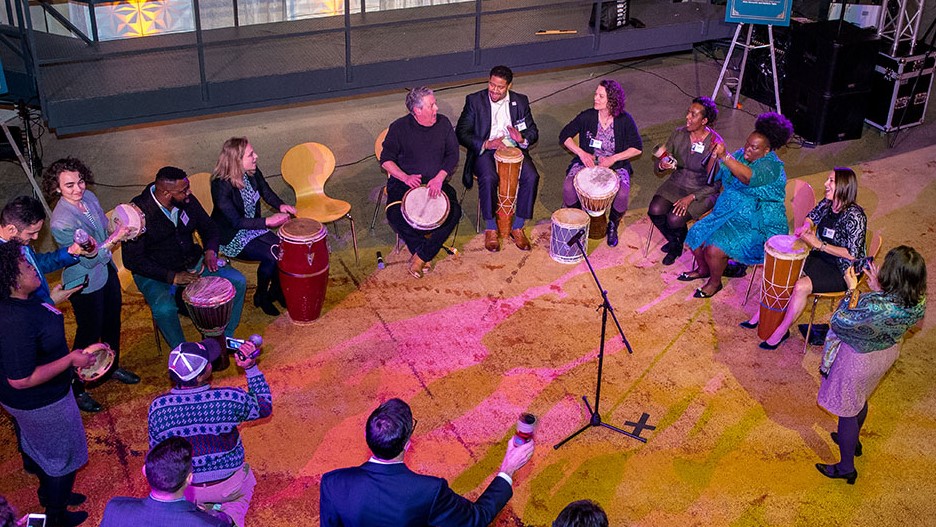
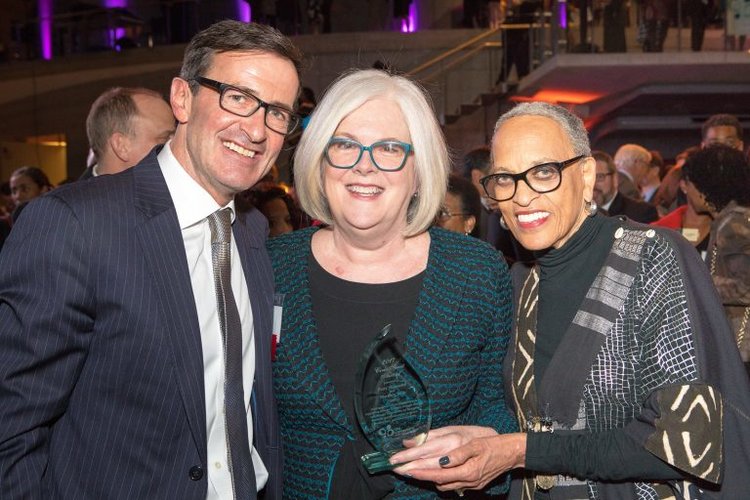
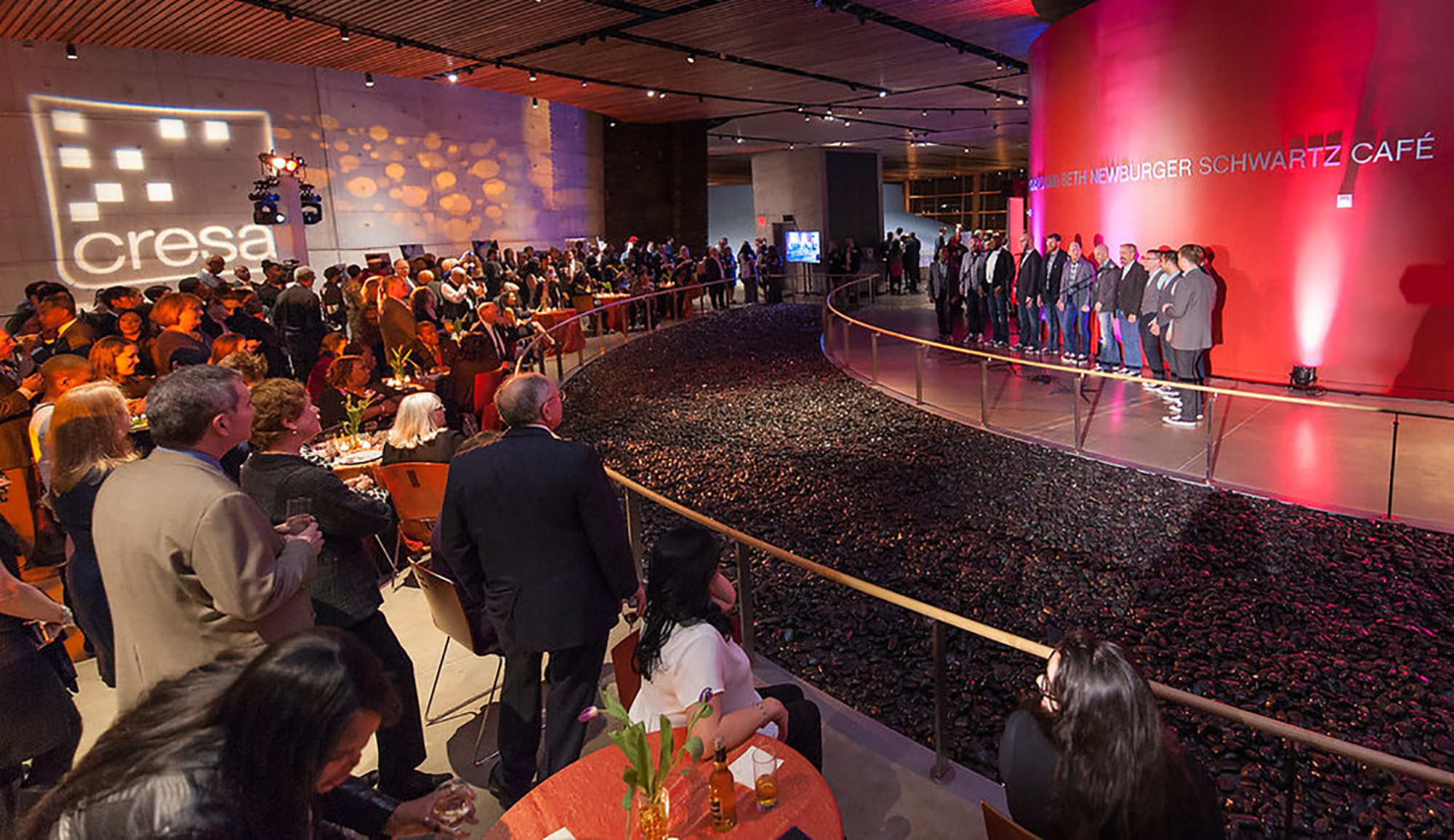
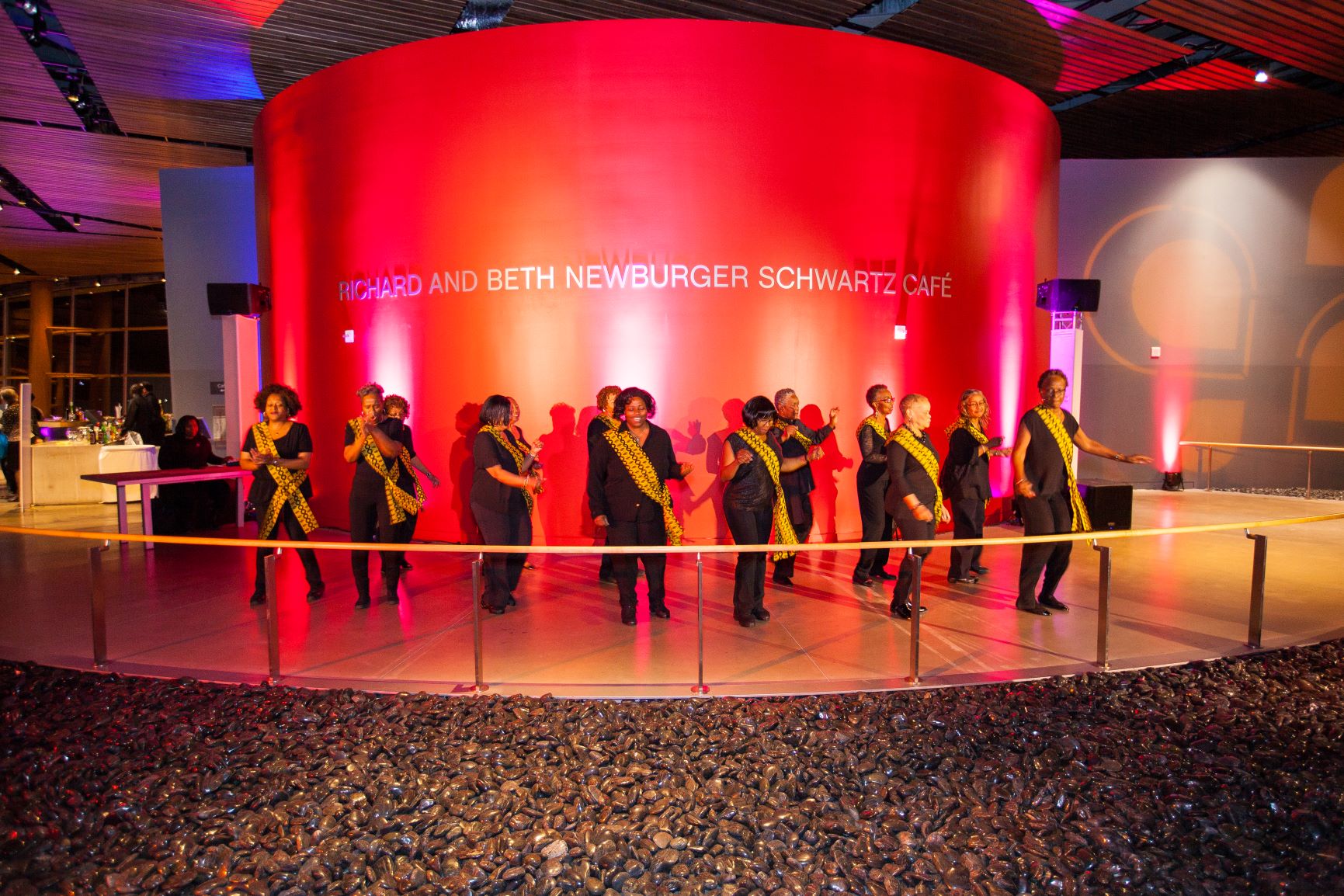



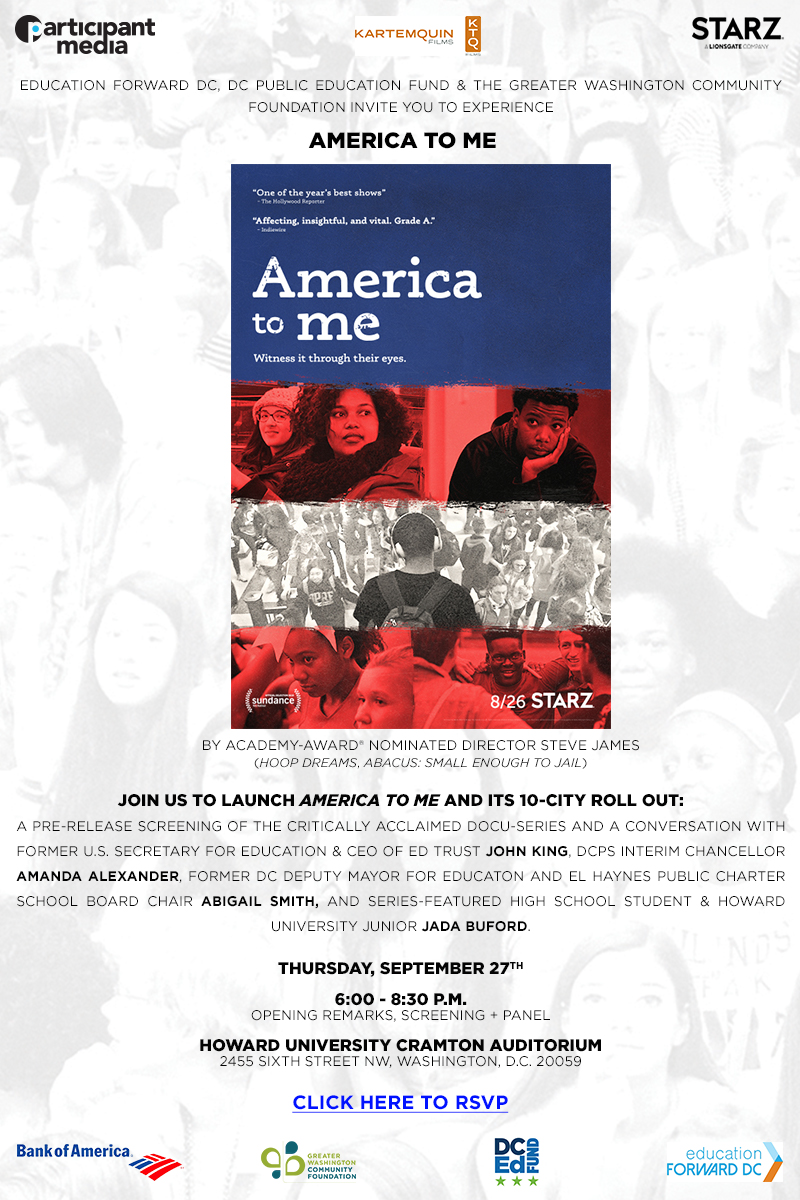
![Pages+from+Survivors-Fund-Final-Report[1].jpg](https://images.squarespace-cdn.com/content/v1/58f791ec37c58188d411874a/1536680291888-C4MA99XYZCNFQXSP9TER/Pages%2Bfrom%2BSurvivors-Fund-Final-Report%5B1%5D.jpg)
![Pages+from+Survivors-fund-process-publication[1].jpg](https://images.squarespace-cdn.com/content/v1/58f791ec37c58188d411874a/1536680355302-7PUBILDHZEKNI7A17ZN7/Pages%2Bfrom%2BSurvivors-fund-process-publication%5B1%5D.jpg)
